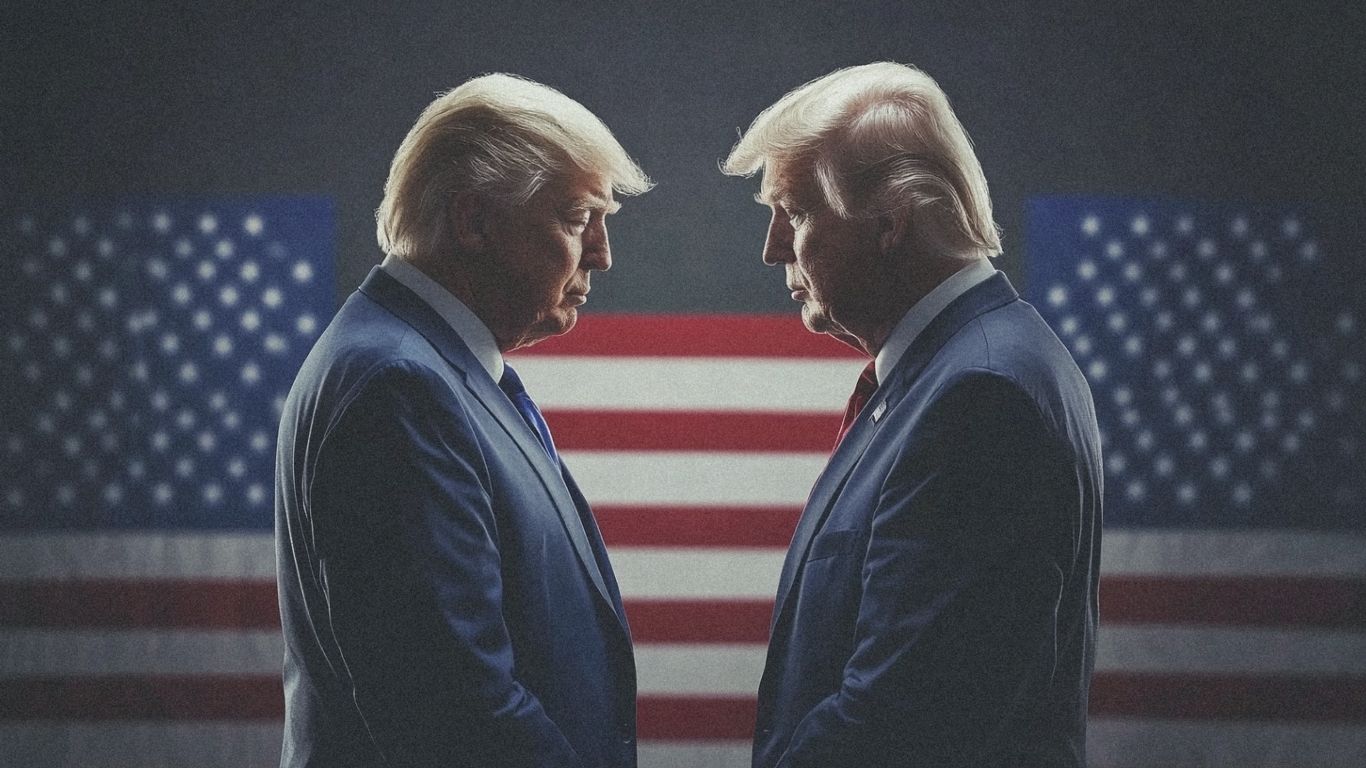Quick Summary
•Market Reaction: Biotech stocks saw modest gains following Trump’s 2024 election victory, reflecting optimism about regulatory leniency and M&A activity.
•Key Appointments: Speculation surrounds Trump’s potential picks for key roles, including rumored positions for Robert F. Kennedy Jr.
•Outlook: While regulatory changes may favor innovation, concerns remain about the impact on public health policy and market stability.
Donald Trump’s victory in the 2024 U.S. presidential election has created a ripple effect in the biotech sector. Stocks rose modestly in response to expectations of a business-friendly administration, potentially heralding a return to deregulation and accelerated innovation. However, uncertainties about key policy directions and leadership appointments, including potential roles for figures like Robert F. Kennedy Jr., have tempered enthusiasm.
Why Biotech Investors Are Optimistic
Historically, Republican administrations have been perceived as favorable to business, prioritizing deregulation and market-driven solutions. During his previous term, Trump’s policies facilitated faster drug approvals and reduced bureaucratic hurdles, creating opportunities for growth in the biotech sector.
Key reasons for optimism include:
1. Potential for Increased M&A Activity
•A lenient Federal Trade Commission (FTC) could encourage mergers and acquisitions (M&A), a critical growth driver for the biotech industry. Smaller biotech companies may benefit from acquisition opportunities, while larger firms could expand their pipelines with innovative assets.
2. Streamlined Drug Approvals
•Trump’s administration may prioritize faster review timelines at the FDA, potentially bringing lifesaving therapies to market more quickly. This could particularly benefit companies developing precision medicines and rare disease treatments.
3. Support for Domestic Manufacturing
•Policies encouraging domestic biomanufacturing could reduce reliance on global supply chains and boost investment in U.S.-based facilities.
Speculation Surrounding Key Appointments
One of the most closely watched aspects of Trump’s new administration is his selection of leaders for critical healthcare agencies. Rumors of a role for Robert F. Kennedy Jr. in health policy have sparked debate. Kennedy’s controversial views on vaccines and public health protocols could signal shifts in regulatory priorities at agencies like the FDA and CDC.
While a focus on deregulation might accelerate innovation, Kennedy’s influence could raise questions about the balance between safety, evidence-based policy, and market efficiency. The biotech sector is particularly sensitive to such changes, as public trust and regulatory stability are essential for sustained growth.
Challenges and Uncertainties
Despite the initial market gains, several challenges remain for the biotech industry under Trump’s leadership:
•Healthcare Policy Direction
Trump’s approach to drug pricing and healthcare reform remains unclear. Policies that increase competition or impose pricing transparency could pressure profit margins for pharmaceutical companies.
•Public Perception of Biotech
Figures like Kennedy bring both support and skepticism. While some favor a more market-driven approach, others worry that skepticism of traditional health measures could erode public confidence in vaccines and other biotech innovations.
•Global Trade Implications
Geopolitical tensions and shifts in trade policy could affect international collaborations and supply chains, particularly for companies reliant on overseas manufacturing or partnerships.
Balancing Opportunities and Risks
For biotech companies, Trump’s return to office presents a mixed bag of opportunities and risks. Regulatory leniency and increased M&A activity could spur innovation and growth, but uncertainties about healthcare policies and leadership appointments may introduce volatility.
To navigate this evolving landscape, companies must:
•Stay informed about regulatory updates and leadership changes.
•Focus on strengthening pipelines with differentiated, high-impact therapies.
•Build resilience into supply chain and manufacturing strategies.
Conclusion
Trump’s presidency marks a pivotal moment for the biotech sector. While opportunities for accelerated growth and innovation are apparent, the industry must tread carefully as new policies and leadership priorities take shape. The coming months will be crucial for understanding how Trump’s administration will impact the balance between market-driven growth and evidence-based public health policies.
References



